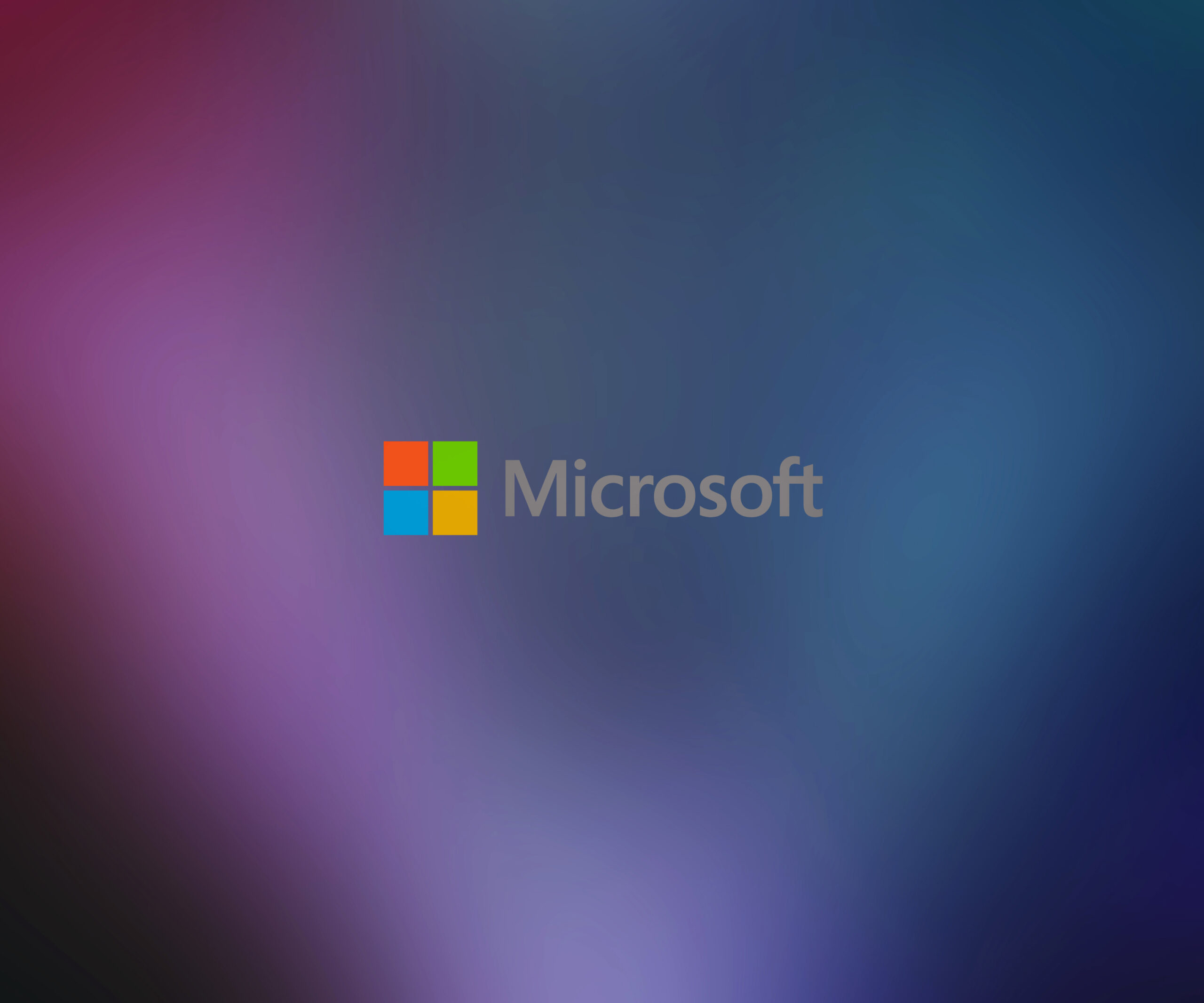
Despite potential concerns over intellectual property theft, Microsoft has announced the integration of DeepSeek’s R1 model into its cloud services, highlighting the model’s availability on the Azure AI Foundry platform.
Collaboration Amidst Controversy
Microsoft, a close partner and significant shareholder of OpenAI, has proceeded to host DeepSeek’s new AI model, known as the R1 reasoning model, on its Azure AI Foundry service. This platform consolidates several AI services for enterprises under one umbrella. Microsoft emphasized in a blog post that the R1 version hosted on Azure has undergone “rigorous red teaming and safety evaluations,” which includes automated assessments and extensive security reviews to address potential risks.
Looking ahead, Microsoft plans to offer “distilled” versions of R1 that will operate locally on Copilot+ PCs, which are a line of Windows hardware designed to meet specific AI readiness criteria. Microsoft expressed enthusiasm about expanding its model catalog and seeing how developers and businesses utilize R1 to address real-world problems and create transformative experiences.
The decision to adopt R1 comes amidst investigations into whether DeepSeek misused Microsoft and OpenAI’s services to exfiltrate data via OpenAI’s API. Despite these concerns, the allure of R1’s capabilities seems to have influenced Microsoft’s decision to incorporate it into its cloud offerings.
R1’s reliability and potential censorship issues remain points of concern. Tests conducted by NewsGuard revealed that R1 often provided inaccurate responses or failed to answer questions about news-related topics 83% of the time. Additionally, R1 avoided answering 85% of prompts related to China, raising suspicions of compliance with governmental censorship norms.
Author’s Opinion
Microsoft’s decision to host the R1 model, despite ongoing investigations and ethical concerns, underscores the complex balance tech companies must maintain between innovation and ethical standards. While the integration of cutting-edge technology like R1 can offer substantial benefits to users and spur technological advancements, it also necessitates stringent oversight to ensure that these innovations do not violate legal or moral standards. Companies like Microsoft should continue to prioritize transparency and rigorous testing, particularly when deploying technologies that might be surrounded by ethical controversies.
Featured image credit: Crabby via GoodFon
Follow us for more breaking news on DMR
